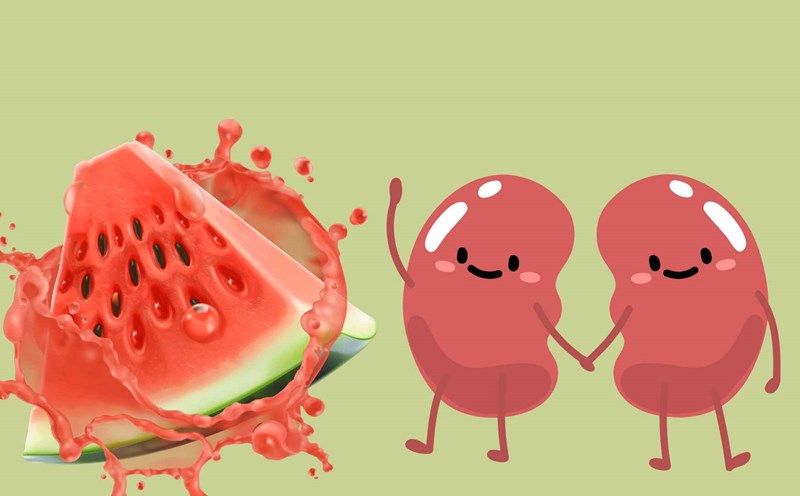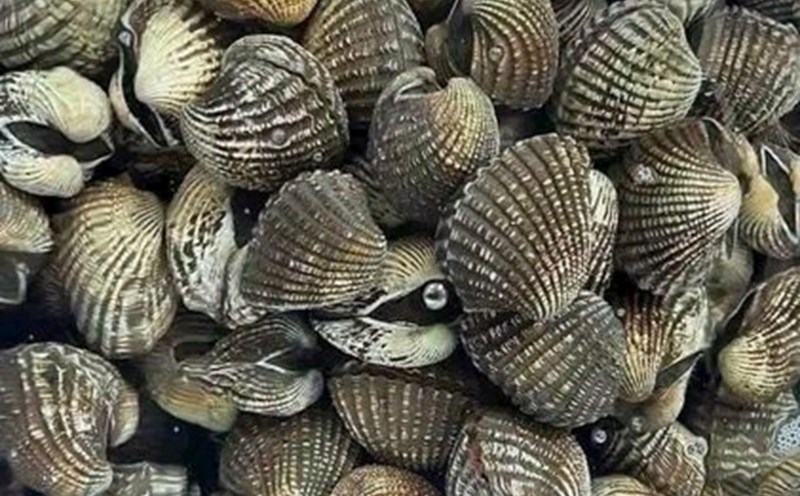With its rich water, vitamin and mineral content, melon can support the detoxification process, reduce the burden on the kidneys and prevent diseases related to this important organ.
First of all, melon contains about 90% water, helping the body maintain the amount of fluid needed for excretion. When the body is hydrated, the kidneys will easily filter the blood and excrete toxins through urine. According to experts, drinking enough water or supplementing water-rich foods is one of the key factors to protect kidney function.
Cantaloupe also contains potassium - an essential mineral that helps regulate blood pressure and balance electrolytes. High blood pressure is the leading cause of chronic kidney damage.
A diet rich in potassium (under control) can help reduce the risk of high blood pressure and improve kidney function in healthy people. However, for people with end-stage kidney disease, it is necessary to consult a doctor because excess potassium can be harmful.
Cantaloupe also contains antioxidants such as vitamin C and beta-caroten, which help fight inflammation and protect kidney cells from damage caused by free radicals. The amount of soluble fiber in melon contributes to regulating blood sugar and cholesterol - two risk factors related to kidney disease.
The important thing is to eat watermelon in moderation, 12 servings/day, avoid abuse and need to combine it with a reasonable diet and lifestyle. For people with kidney disease, it is necessary to consult a nutritionist to control the appropriate amount of potassium.










